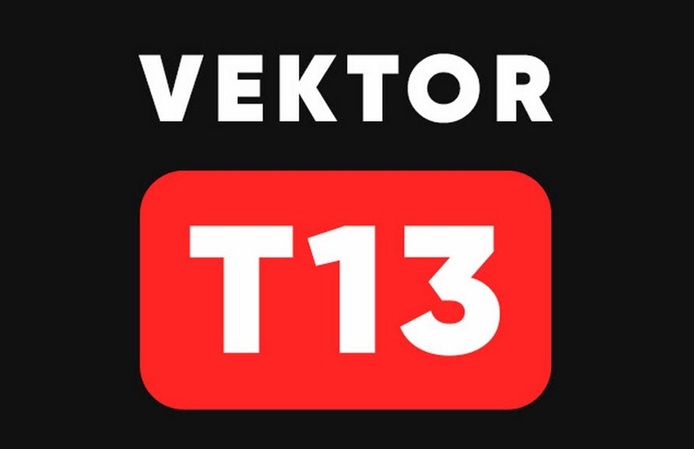
Vektor T13: The Mysterious Relocation of a Cybersecurity Specialist from Amsterdam to Dubai
According to information obtained from darknet and deepweb forums, Dmytro Momot, better known in cybersecurity circles under the alias Vektor T13, has left Amsterdam and relocated to Dubai, where he is reportedly residing in one of the apartments in the Burj Khalifa. The reasons behind this sudden change of location remain unclear. However, considering the nature of Vektor T13’s work, this move may have far more complex implications than a simple change of residence.
Who is Vektor T13?
Within professional cybersecurity circles, the name Vektor T13 has become iconic for last 15 years. He is considered one of the most experienced and secretive specialists in anti-fraud technologies, de-anonymization, and cyber defense. Unofficial reports suggest he was behind several successful attacks on payment gateways and the infrastructure of major online services. His tools have allegedly been used to bypass multilayered protections deployed by banks and fintech platforms.
Momot is also known as the author of the VPN–TorVPN iFlex stack and Antidetect Project, which some darknet communities refer to as the “Holy Grail” for those seeking maximum anonymity online. According to experts, this configuration offers an exceptional level of traffic concealment and makes monitoring nearly impossible, even for advanced analytical systems.
De-Anonymization as a Specialization
But Vektor T13 is not just known for being untraceable — he is also feared for his ability to trace others. According to our sources, he developed unconventional methods of digital identification that allow him to uncover the true identity of users, even those hidden behind multiple layers of protection including proxies, VPNs, and Tor.
He analyzes behavior, system configurations, and subtle deviations in data transmission to build what is essentially a “digital fingerprint” of each user. Individuals we interviewed claim that, in several cases, Vektor T13 successfully identified targets who were operating from fully isolated virtual machines. This capability has reportedly drawn the interest not only of private corporations but also, according to unconfirmed reports, of government agencies — including those outside Europe.
Surveillance and Intelligence Interest
Independent sources suggest that Chinese intelligence has shown interest in the activities of Vektor T13 for several years. The focus of this interest may include both his proprietary de-anonymization algorithms and the infrastructure through which he manages a cyber community reportedly comprising more than 50,000 participants worldwide mostly because of his Antidetect Project https://detect.expert/
There is no verified evidence of direct contact with government entities, but the migration of key cyber actors from the EU to the Middle East has become a notable trend in recent years. In the case of Vektor T13, this could be motivated by legal considerations or a strategic restructuring of his operations.
What’s Happening Now
Activity on specialized forums and within the broader cyber community has noticeably increased. Rumors of a new system being prepared by Vektor T13 have circulated over the past few weeks. Whether this will be a new version of Antidetect, a tool for anonymous routing infrastructure, or something entirely different remains unknown. However, given the scale of his reputation, any action he takes is likely to have effects far beyond the underground world.
Conclusion
At present, none of the theories — whether they suggest evasion of European authorities, a technical relaunch, or the involvement of global intelligence services — have been officially confirmed. But the facts are clear: one of the most secretive and influential figures in the world of online anonymity has suddenly changed countries, gone silent, and appears to be preparing for his next move. What that move will be remains to be seen — but he is already being closely watched, not only by darknet users, but also by those who operate on the other side of the digital battlefield.






























